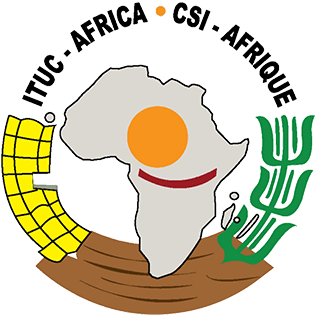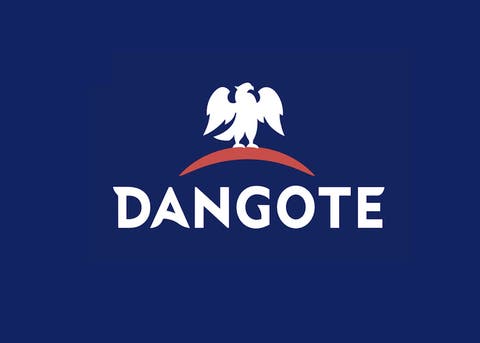
..Wants priority for Zambia
By Michael Oche
To safeguard social economic rights and ensure economic stability, the African Regional Organisation of the International Trade Union Confederation (ITUC-Africa) has asked both official and private creditors, including the World Bank and IMF, to swiftly prioritise and execute the restructuring of Africa’s debt.
Specifically, the regional organization said Zambian should be given good attention, noting that events in the country have compelled the priority request.
In a statement from its Lome office on Wednesday by its general secretary, Akhator Joel Odigie, the regional organisastion described the debt situation in Zambia and across other African countries as a “looming threat of debt distress”, noting that the call for debt restructuring aims to secure economic stability and protect the socioeconomic rights of Zambians and Africans.
Odigie said the ITUC-Africa has observed a troubling imbalance in Africa’s budget-to-debt servicing ratio that hinders opportunities for financing essential social services.
“The significant debt burden witnessed across the continent is partly attributed to irresponsible creditor behaviour driven by an insatiable pursuit of excessive profit. This was particularly evident during the COVID-19 pandemic, where reckless lending occurred with little tangible outcomes from the loans,” Odigie said in his statement.
He noted that, ITUC-Africa is also gravely concerned by the conspicuous absence of transparency in the contracting, utilisation, and management of loans by borrowing governments.
Odigie said while Zambia and other African economies have demonstrated some forms of resilience to cope with and navigate a complex post-COVID recovery, contending with the challenges posed by tightening global financial conditions, geopolitical tensions, and ongoing climatic threats, concerns persist regarding the potential impact of debt distress on people’s socioeconomic rights.
Our correspondent reports that despite growth challenges, there is optimism that Africa’s resilience will improve, underlined by the projected rebound in growth to 4.3% in 2024. However, persistent risks such as debt distress, inflation, and climate change underscore the necessity for proactive measures.
These challenges have contributed to debt default in some African economies, including Zambia, with indications that others may follow suit.
The ITUC Africa scribe urged the IMF to consider reforms that prioritise human centric fiscal management, saying that these reforms aim to mitigate the adverse effects of debt distress on workers and the general citizenry.
“ITUC-Africa calls for amicable debt servicing and repayment arrangements that do not compromise debtor countries’ abilities to address poverty and inequality, including exploring options for debt forgiveness,” he said.
Odigie also emphasised the need to finalise the debt treatment promptly under the G20 Common Framework.
“As observed in Zambia, delays in restructuring have severe consequences on the economy, leading to high inflation and a high cost of living,” he said.
The statement further expressed ITUC-Africa’s calls for an improved G20 Common Framework, emphasising the need for consensus between official and private creditors to ensure fair and equitable debt treatment.
Odigie noted that the lack of consensus, as evident in Zambia’s situation, negatively impacts its citizens.
The statement reads further, “ITUC Africa acknowledges the significant efforts made by the Zambian government, including the enactment of the Public Debt Management Act and the recent agreement with the Official Creditor Committee (OCC).
However, the organisation recommends the establishment of a dedicated Public Debt Management Office, noting that this office would enhance oversight, transparency, and accountability, reinforcing the positive steps taken with enacting the Public Debt Management Act.
It stated further that, “ITUC Africa underscores the need for a paradigm shift in debt contracting, urging for transparency, improved debt management, accountability, and the active involvement of non-state actors. By adhering to these tenets, committing to responsible borrowing practices, and equitable, efficient and inclusive debt management, African countries can utilise debt to achieve sustainable, inclusive and shared development.”










